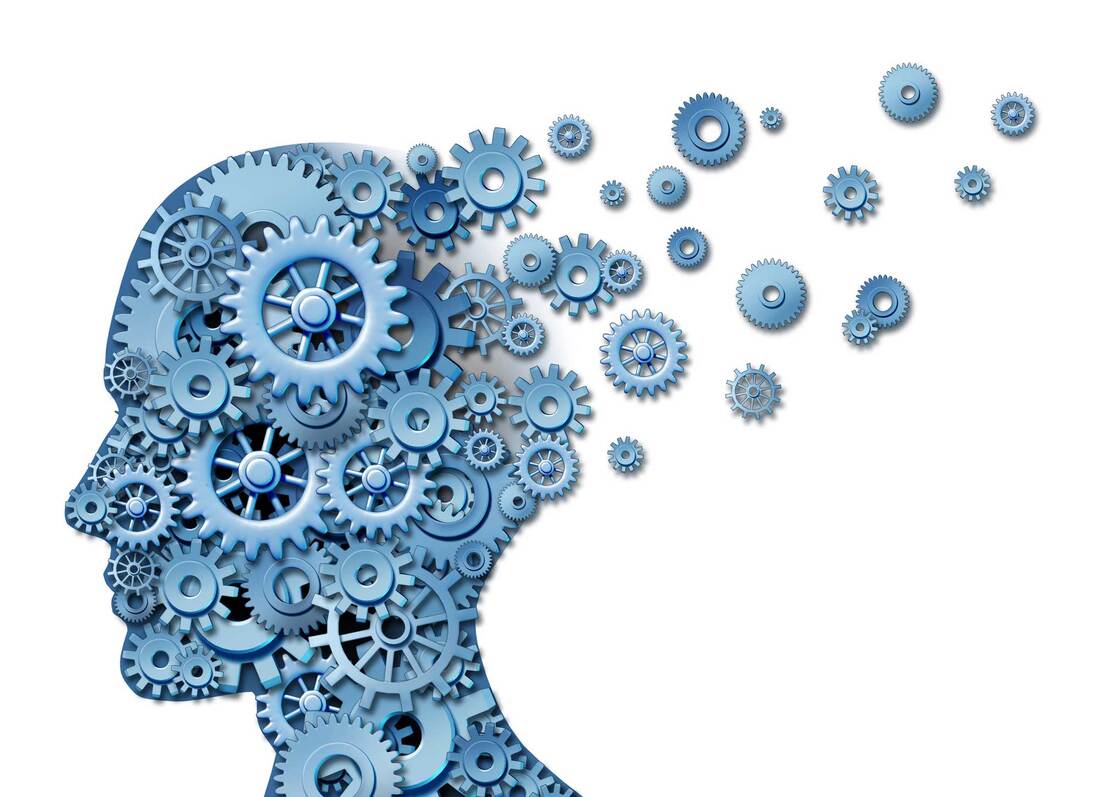|
We need some basic information first. How are memories stored in your brain? As it turns out, a memory is actually a bunch of chemical changes that take place at the connection points (synapses) between the neurons in your brain. Your brain has a lot of synapses, something like 125 trillion (that’s trillion with a T… this is as many synapses as the number of stars in 1,500 Milky Way galaxies). Each memory, depending on its complexity, is stored by slightly changing the chemistry of thousands or even millions of these connections. And… each synapse could contain tiny portions of thousands of different memories.
With memories that aren’t considered important, those slight chemical changes don’t last long, and the synapses go back to the way they were before. That’s called short-term memory. However, if the memory is more important for some reason (perhaps an emotional event), those slight chemical changes become permanent. Those memories remain accessible when needed. That’s called long-term memory. My question is, what happens when those memories are no longer accessible? Are the chemical changes still there? If so, is there a way to access a memory even after it has been forgotten? As you can imagine, studying these chemical changes in humans is kind of difficult—for ethical reasons. You can’t ask someone to volunteer to have their brain exposed in order to look closely at these processes (and you sure as heck can’t do it without asking them). However, ethical research has been done with human patients while they were in the process of having brain surgery for other reasons. In one of these studies, a specific neuron in a patient’s brain consistently responded when the patient saw a picture of Jennifer Aniston by herself, but it would not respond when the picture showed Aniston with Brad Pitt. Maybe the patient had watched numerous episodes of Friends but did not know that Aniston and Pitt used to be married. But, I digress… How are these important memories eventually forgotten? It’s important to understand that the brain is changing constantly. The chemistries of the synapses are changing with every new memory. As these new memories are made, older chemical changes start to degrade. All kinds of complicated things happen. Similar memories start to merge into one. Sets of memories get isolated from newer memories and stay isolated until something happens in your life that triggers your ability to access them again. For example, you hear a song you haven’t heard in a long time. Tastes, smells, voices, certain words… these are all things that can reconnect those isolated memories to the present. So, can long-forgotten memories somehow be unearthed, like digging up an archeological site? Kind of. For some memories, the chemical changes at synapses become too degraded to ever be accessed again. However, for those chemical changes that are not gone forever, psychologists have figured out ways to present certain types of sensory stimuli that systematically rebuild some of those old connections to long-isolated memories. I like to think of it as mining the mind.
0 Comments
Leave a Reply. |
Stan's Cogitations
Everyone needs a creative outlet. That's why I write. Archives
July 2024
|


 RSS Feed
RSS Feed